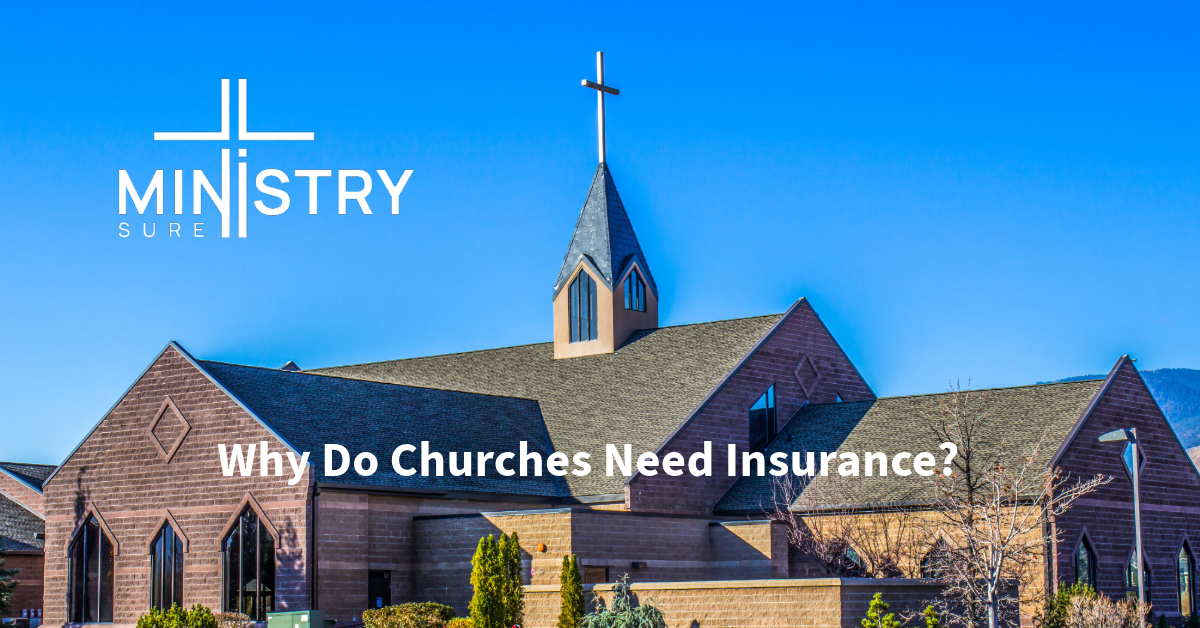One sunny Sunday morning, Pastor John of a small church in Georgia prepared for a usual service. The congregation gathered, and everything seemed to be running smoothly. Though they heard warnings on the radio about a potential storm, they didn’t think too much of it. After all, it was a typical summer day, and storms often blew over quickly without causing much trouble.
As the service progressed, dark clouds began to gather, and the wind picked up. Still, no one was too concerned. Pastor John was in the middle of his sermon when a sudden clap of thunder echoed through the church, startling everyone. The lights flickered, and a heavy downpour began, pounding on the roof like a drum. The congregation exchanged uneasy glances, but Pastor John continued, reassuring them that everything would be fine.
Minutes later, the unthinkable happened. A particularly strong gust of wind ripped through the town, tearing at the church’s roof. Water began to leak through the ceiling, dripping onto the pews and the sacred altar. The congregation gasped as the situation quickly escalated. Pastor John halted his sermon, and they all bowed their heads in prayer, hoping the storm would pass without further incident.
However, the damage was done. The heavy rainwater continued to pour in, soaking the carpets and causing significant damage to the sanctuary. Once the storm subsided, the church was left in disarray, with extensive repairs needed to restore it to its former glory. The sudden and unexpected nature of the storm left the church scrambling for funds to cover the repairs. This scenario underscores the importance of having the right insurance for churches. It’s not just about protecting a building; it’s about safeguarding a community’s spiritual home from unforeseen events.
Understanding Church Insurance
Church insurance provides extensive protection for religious organizations. It covers various aspects, from property damage to liability issues. Understanding what church insurance entails can help church leaders make informed decisions about the necessary coverage for their unique needs.

Types of Insurance Coverage for Churches
Churches, like any other organization, face various risks. Having the right insurance coverage is crucial to manage these risks effectively. Here are the main types of insurance coverage churches should consider:
Property Insurance
This protects the church building and its contents from damage due to events like fires, storms, or vandalism. This type of insurance is essential because churches often house valuable items like musical instruments, audiovisual equipment, and historical artifacts. Without property insurance, the financial burden of repairing or replacing damaged property could be overwhelming. For more details, check out Why Does Your Georgia Church Need Property Insurance?
Liability Insurance
This covers legal costs and damages if someone is injured on church property or during a church activity. Churches host numerous events and gatherings, making them susceptible to accidents. Whether it’s a slip and fall during a Sunday service or an injury during a youth group activity, liability insurance makes sure that the church is protected from the financial repercussions of such incidents. Learn more in Why Does Your Georgia Church Need Liability Insurance?
Workers’ Compensation
This provides benefits to church employees who are injured or become ill as a result of their job. Churches, like any other workplace, have risks associated with everyday tasks. From maintenance work to administrative duties, employees can suffer from accidents or health issues. Workers’ compensation helps cover medical expenses and lost wages, making sure that employees are taken care of and the church is not financially strained. See Georgia Churches Need Workers Compensation Insurance for more information.
Special Event Coverage
This offers protection for events that fall outside the scope of regular activities. Churches frequently host special events like weddings, festivals, and community outreach programs. These events often involve unique risks, such as temporary structures or large crowds, which are not covered under standard insurance policies. Special event insurance makes sure that the church is protected from liabilities arising from these occasions. For a detailed explanation, visit Do Churches Need Event Insurance for Special Events?
Cyber Liability Insurance
This safeguards the church against data breaches and cyber-attacks. In today’s digital age, churches handle sensitive information, including member records and donation details. A cyber-attack can lead to significant financial and reputational damage. Cyber liability insurance provides coverage for the costs associated with data breaches, including legal fees, notification costs, and credit monitoring services for affected individuals. Find out more in Why Does My Church Need Cyber Liability Insurance?
Professional Liability Coverage
This protects church staff and leaders against claims of negligence or errors in the performance of their professional duties. This type of insurance is vital because even well-intentioned advice or counseling can lead to legal action if someone feels they were harmed. Professional liability coverage makes sure that the church’s finances are protected in such cases. Read more at Why Does Your Georgia Church Need Professional Liability Insurance?
Directors and Officers Coverage
This shields church leaders from personal liability for decisions they make while serving on the church’s board. Directors and officers can be sued for various reasons, including financial mismanagement or failing to adhere to regulations. This coverage is crucial to attract and retain qualified leaders who can make decisions without the constant fear of personal financial loss. For more details, visit Safeguarding Your Church Leaders: Directors & Officers Insurance Explained
Sexual Abuse and Molestation Coverage
This provides protection against claims of sexual abuse or molestation. Sadly, churches are not immune to these kinds of accusations, and the financial and reputational damage from such claims can be devastating. This insurance helps cover legal fees, settlements, and other associated costs, allowing the church to navigate these difficult situations with some level of financial security. Learn more in What Is Abuse Molestation Coverage for Churches?
Are Churches Required by Georgia Law to Have Church Insurance?
In Georgia, there is no specific law mandating that churches must have insurance. However, certain types of insurance, such as workers’ compensation, may be required if the church employs staff. Even though it may not be a legal requirement, obtaining the right insurance coverage is a prudent measure for churches to protect themselves from various risks and liabilities. Without insurance, churches may find themselves vulnerable to financial hardships resulting from property damage, lawsuits, or employee injuries. Therefore, while not required by law, having appropriate insurance is a responsible and necessary step for church management.
How MinistrySure Helps Churches Find the Right Coverage
Navigating the world of insurance can be overwhelming, but MinistrySure specializes in helping churches and non-profit organizations find the right coverage. MinistrySure understands the unique needs of religious organizations and works with insurers who offer tailored policies. Whether it’s property insurance, liability coverage, or cyber liability protection, MinistrySure makes sure that churches have the necessary coverage to protect their operations.
Peace of Mind for Your Ministry
Insurance is not just a safety net; it’s a critical component of responsible church management. By securing the right insurance coverage, churches can protect their property, employees, and congregation from unforeseen events. MinistrySure stands ready to assist churches in Georgia and beyond, making sure they have access to the best insurance solutions for their unique needs. With the right insurance in place, church leaders can focus on their mission, knowing they have a robust safety net in place.






